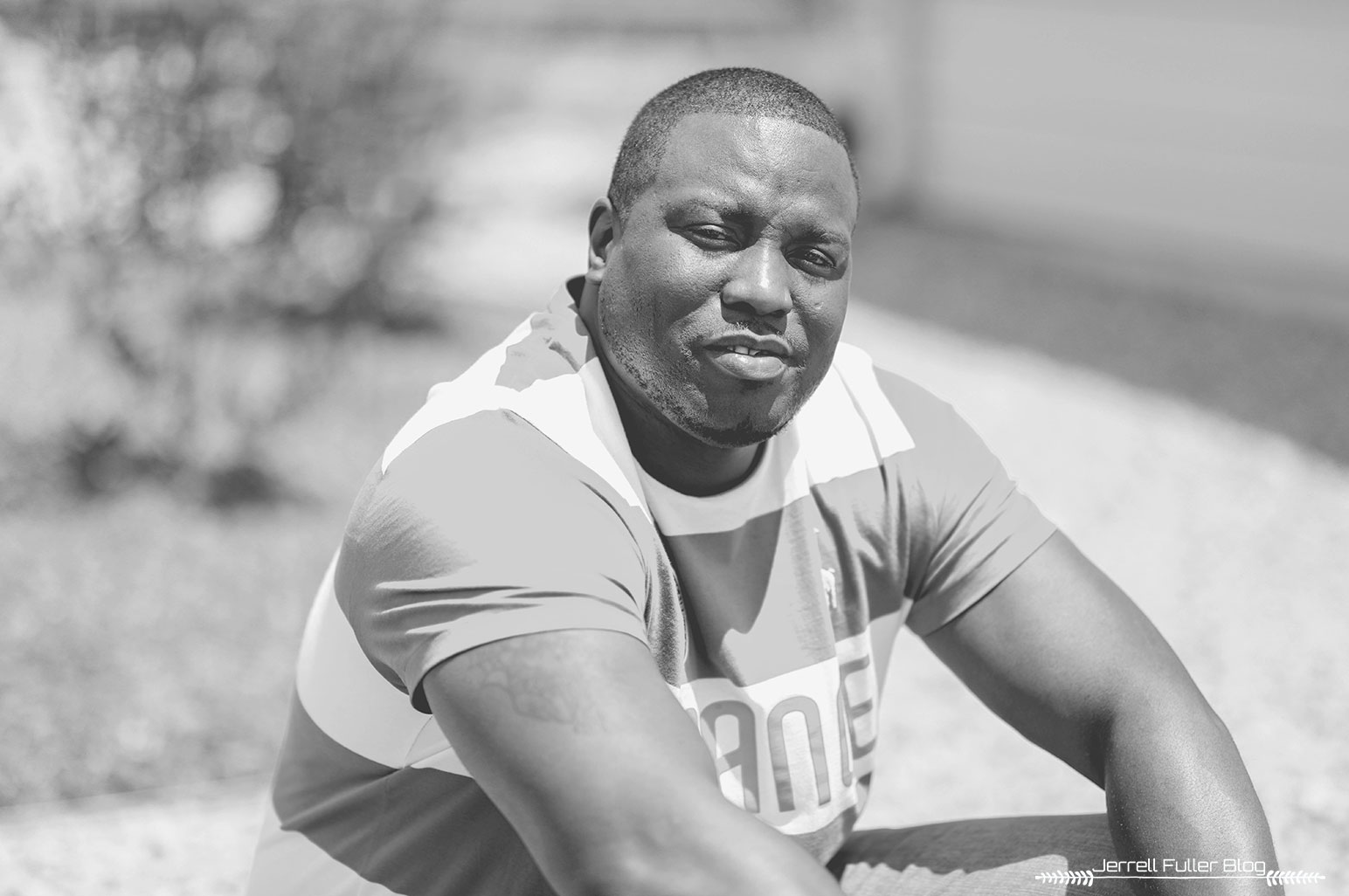
Your dog may be a little slower as she walks from one room to the next. She might have more white fur around her muzzle than you’re used to seeing. If your dog is entering the “good old dog” stages of her life, you want to make sure the rest of her years comfortable, happy, and full of health. After all, your dog is a member of your household. Here are a few things to remember as your dog reaches senior age.

Routine Visits to the Veterinarian
Remember that even if your dog appears as healthy as ever, it’s important to take them for veterinary visits at least annually. Routine, preventative check ups can help you catch something that you might not otherwise see with your own eyes. Your dog is very good at hiding when she is feeling under the weather, so take her to a trusted clinic to get thoroughly examined. It’s much cheaper to prevent disease before it spreads than to treat it after it begins to affect your companion's health.
As your beloved pet becomes a senior, make sure that your trusted veterinary clinic is nearby to your home. If ever an emergency were to arise, it’s best to know where you can take your pet, the clinic’s distance from you, and that they’re familiar with your pet’s history of health.
Nutrition and Weight
It’s important for your vet to evaluate her dog’s body condition. Make sure that your senior dog is not under or overweight. It’s also a good idea to ask your vet to teach you how to evaluate your dog’s body condition at home. Rapid weight loss or gain can mean something more serious is happening to your canine, and being able to tell when it’s becoming an issue is vital.
Although dogs, regardless of their age, require similar diet elements, your dog’s breed and weight should factor into what they’re eating. Take a look at the food you’re currently feeding her. What are the first few ingredients on the list? It might not be the most nutritional food out there, or it could be too high in fat or protein.
Next time you visit your vet, ask if it’s time to change up your pet’s diet. A lot of senior dogs tend to carry more weight which puts them at a higher risk for diseases like diabetes, heart disease, skin disease, and even some forms of cancer. Your veterinarian can help you choose food that can help your furry friend lose or keep on weight. Be sure to feed her the amount appropriate for her weight and activity level.
Joint Health
If your senior is experiencing the common pains of old age, you might think about supplementing your dog’s food. Fortifying your dog’s diet with fatty acids can help with mobility issues and arthritis. Adding supplements to her daily diet such as glucosamine can also be beneficial to alleviating joint pain. However, if you notice your dog going through a considerable amount of pain, it may be more than just the typical discomfort of old age. The safest choice is to always talk to your vet about supplements but continue to monitor the body as a whole, paying particular attention to swelling in the joints.

Comfort and Exercise
If your senior is experiencing joint pain or trouble moving easily, you may think it best to leave her as still as possible. On the contrary, although she may not be as athletic as she once was, you should try to get her moving for at least small increments every day. Aside from making sure that your dog’s weight isn’t causing extra stress on their joints, movement can help alleviate pain.
Oral Health
The older your animal gets, the more oral issues they’ll experience. Pay attention to your dog’s eating habits. Is your dog acting as though their mouth is overly sensitive? It might be time to get them to the vet to check if their teeth are in good condition. They could be dealing with a cracked tooth, or one that needs to be pulled. Make it a habit to clean your dog’s teeth at home. If she’s not particularly fond of being touched in the mouth, consider treats and toys that will help them clean their teeth in an enjoyable way.
Regular Grooming
As your dog ages, they may require special grooming needs, specifically our long-haired companions. Senior dogs tend to spend more time idle or laying down which can matt hair and cause nails to grow out uncomfortably. Check your pet for:
- Unruly nails
- Matting of hair
- Thinning or irritated skin
- Urine scalding
- Irritated facial folds
Grooming regularly will promote both healthier skin and hair, but it also acts as a chance for you to spot a skin or body condition issue that requires attention or medication.
Be a Companion
As your dog ages, she will undoubtedly need more of your attention. She may become hard of hearing or find it difficult to see. Your physical presence and patience will mean much more to her than you might think. Although your dog may not be vocal, or may not respond immediately to your affection, your care will help the emotional and mental health of your pet.

With age comes inevitable changes in behavior, but be aware of the situation in which those changes occur. Distress in the car, during a move, or in a veterinary clinic exam room may be normal. Distress and signs of discomfort occurring in their normal, comforting atmosphere may be signs of something more serious happening. Be sensitive to those changes, including any changes you might notice in their eating, drinking, or sleeping habits. It could be a sign of a more pressing health issue. Most importantly, remember that your dog is merely happy to be in your presence and act as your companion. Never underestimate the importance of your love, friendship, and care in return.







